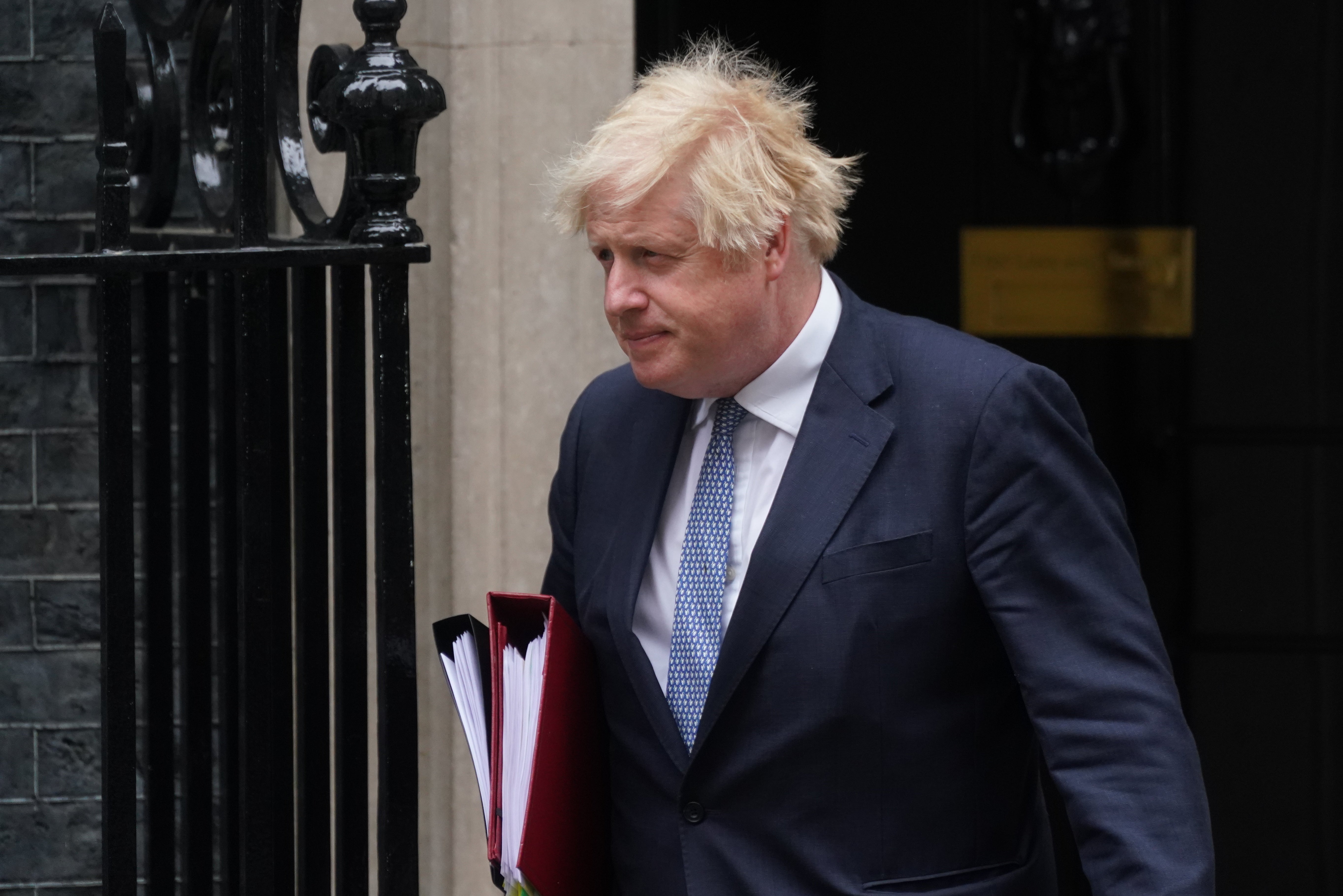Johnson under fire over role of his adviser on rules for ministers
The chairman of the Committee on Standards in Public Life said Lord Geidt was still not ‘sufficiently independent’.

Boris Johnson has been criticised by the standards watchdog after he refused to give his adviser on the rules for ministers the freedom to launch his own inquiries into possible breaches.
On Friday, the Prime Minister said he was putting in place an “enhanced process” for his independent adviser on the Ministerial Code, Lord Geidt, to initiate his own investigations, but that he would still need the Prime Minister’s consent before proceeding.
But the chairman of the Committee on Standards in Public Life, Lord Evans of Weardale, said the change, while an improvement on the previous position, meant the adviser was still not “sufficiently independent”.
In a statement last week, the Government said the code was being updated, making clear that ministers will not necessarily have to resign for more minor violations.
Instead the Prime Minister will have the option of imposing a lesser sanction such as “some form of public apology, remedial action or removal of ministerial salary for a period”.
Lord Evans, a former director general of MI5, said the move was in line with the committee’s recommendation that it was “disproportionate” to expect ministers should automatically forfeit their jobs.
However, in a letter to Cabinet Office Minister Lord True, he said the change effectively removed the objection to the adviser being able to launch his own inquiries.
“Past governments of both parties resisted granting the adviser the power to initiate investigations independently, due to the presumption of resignation, as this would have given the independent adviser the effective power to fire a minister – a power that only the Prime Minister should have,” he said.
“The introduction of a range of sanctions, with the appropriate sanction decided solely by the Prime Minister, removes this constitutional obstacle.
“We continue to be of the view that a system where the independent adviser requires the Prime Minister’s permission to launch an investigation is not sufficiently independent.
“Similarly, current arrangements retain the risk that, irrespective of sanction, the Prime Minister can directly overrule the adviser on the finding of a breach, circumstances that would critically undermine the credibility of the adviser’s office.”
Lord Geidt’s predecessor, Sir Alex Allan, resigned in 2020 after Mr Johnson rejected his finding that Home Secretary Priti Patel had been guilty of bullying civil servants.
Bookmark popover
Removed from bookmarks